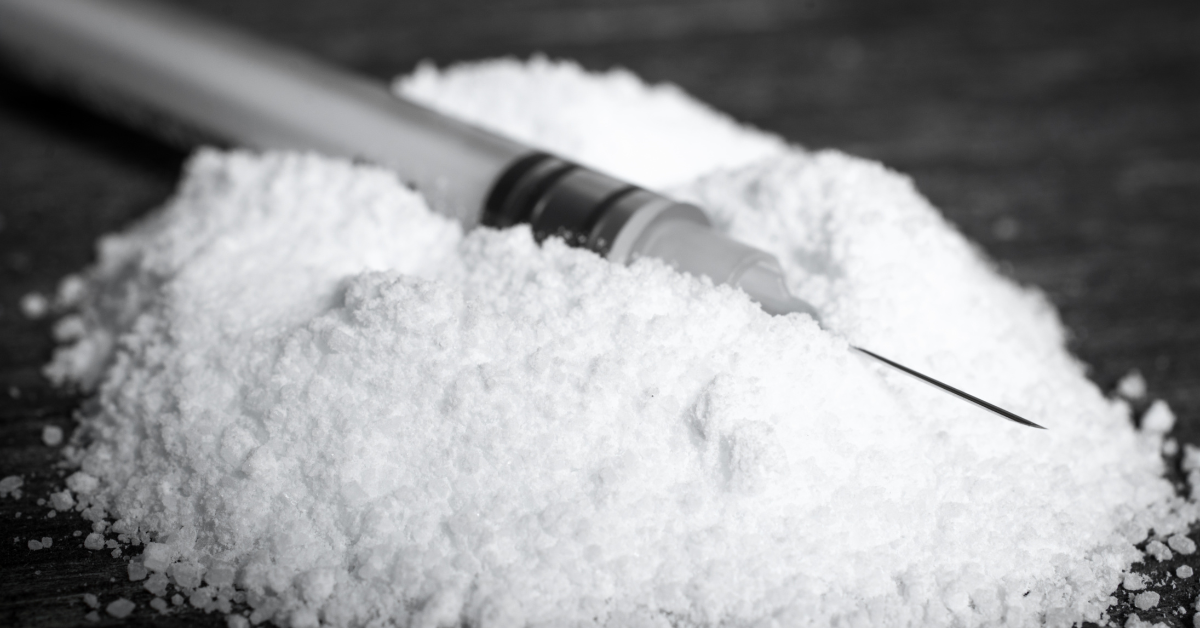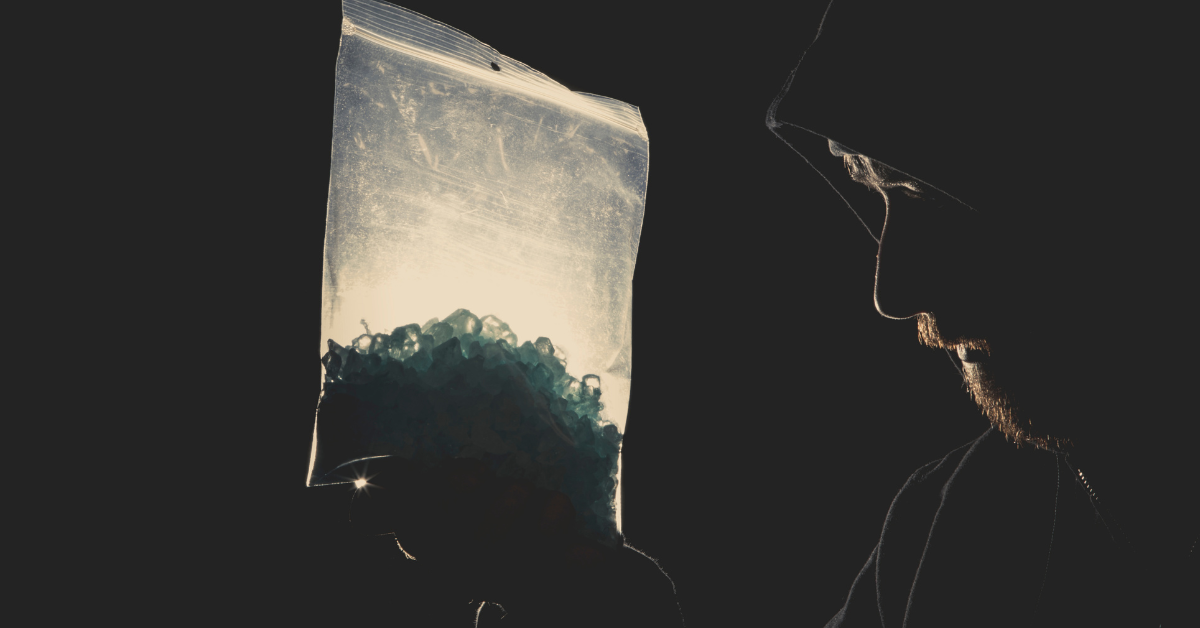Heroin Detox in Parsippany, NJ
At our detox center in New Jersey, we understand the profound challenges associated with addiction and the critical importance of a medically supervised heroin detox in Parsippany. The experienced team of medical professionals and therapists at Legacy Healing Center work collaboratively to create tailored detox plans, ensuring a smooth and effective transition toward sobriety.
Emphasizing both physical and emotional well-being, we integrate evidence-based practices with holistic therapies to foster lasting recovery and empower our clients to reclaim their lives. Choose Legacy Healing Center in Parsippany for a compassionate, comprehensive, and effective heroin detox experience.
The Proper Way to Detox from Heroin
Detoxification from heroin is the process of removing the drug and its toxins from an individual’s body. It also involves managing heroin detox withdrawal symptoms that will inevitably arise when a person quits using the drug. The proper way to start a heroin detox in New Jersey involves a comprehensive approach that ensures both safety and comfort, along with a recovery plan tailored to each individual’s specific needs.
Stages of Heroin Detox in Parsippany
- Professional Medical Assessment and Planning
The detox process begins with a thorough medical assessment conducted by healthcare professionals. This assessment evaluates the individual’s physical health, mental health, and the severity of their addiction. It helps in creating a personalized detox plan. Because each individual is unique, developing a custom heroin addiction treatment plan is of utmost importance.
- Medical Supervision and Medication Assisted Treatment
Heroin detox should always be carried out under medical supervision. Our addiction treatment center in New Jersey offers a place where individuals can receive 24/7 monitoring. Medical supervision is essential to manage withdrawal symptoms, which can be severe and potentially life-threatening. To alleviate withdrawal symptoms and reduce cravings, medication-assisted treatment is often utilized. Medications such as methadone, buprenorphine, and naltrexone are commonly prescribed. These medications help stabilize brain chemistry and are an integral part of a successful detox process.
- From Detox to Rehabilitation and Aftercare Planning
Detox is just the beginning of the recovery process. After detox, transitioning to a comprehensive rehabilitation program is essential. These programs offer continued medical guidance, counseling, behavioral therapies, and support groups to address the root causes of addiction and build a foundation for long-term recovery. Successful detox and rehabilitation programs also include aftercare planning. This involves ongoing support and relapse prevention, which may include outpatient therapy, sober living arrangements, and participation in support groups.
A Comprehensive Heroin Detox Timeline
Week 1
Days 1-2: Initial Withdrawal
- Onset of Symptoms: Withdrawal symptoms typically begin within 6-12 hours after the last dose of heroin. Early symptoms include anxiety, muscle aches, sweating, agitation, and insomnia.
- Medical Assessment: Upon entering a detox facility in Parsippany, a comprehensive medical assessment is conducted to evaluate your physical and mental health. This assessment determines what the personalized detox plan will look like.
Days 3-4: Peak Withdrawal
- Intensity of Symptoms: Withdrawal symptoms usually peak around the third or fourth day. During this period, you may experience severe symptoms such as nausea, vomiting, diarrhea, abdominal cramps, rapid heartbeat, high blood pressure, and intense drug cravings.
- Medical Supervision: Continuous medical monitoring is crucial to manage these intense symptoms and ensure your safety. Medications may be administered to alleviate discomfort and stabilize your condition.
Days 5-7: Subsiding Symptoms
- Gradual Improvement: The acute withdrawal symptoms begin to subside. You may still experience some physical discomfort and psychological symptoms like anxiety, depression, and mood swings.
- Supportive Care: Nutritional support, hydration, and rest are emphasized during this phase to help your body recover. Holistic therapies such as yoga, meditation, and acupuncture may be introduced to promote relaxation and overall well-being.
Week 2: Stabilization
- Residual Symptoms: While the most severe symptoms are typically behind you, some residual symptoms such as fatigue, irritability, and sleep disturbances may persist.
- Counseling and Therapy: Individual and group counseling sessions become more focused, addressing the psychological aspects of addiction and developing coping strategies for long-term recovery.
Weeks 3-4: Transition to Long-Term Recovery
- Continued Recovery: Most physical withdrawal symptoms have significantly diminished. Attention shifts to psychological healing and a recovery plan.
- Aftercare Planning: A personalized aftercare plan is created, including outpatient therapy, support groups, and other resources to support ongoing recovery and prevent relapse.
- Rehabilitation Transition: Many individuals transition to a comprehensive rehabilitation program where they can continue to receive support and therapy to address the underlying causes of addiction and build a strong foundation for a drug-free life.
By learning and understanding this uphill climb, a heroin addict and their loved ones can start preparing for this journey. The professionals at our heroin detox center in Parsippany are committed to delivering comprehensive care and support, ensuring a safe and effective detox experience that paves the road to a successful recovery.







